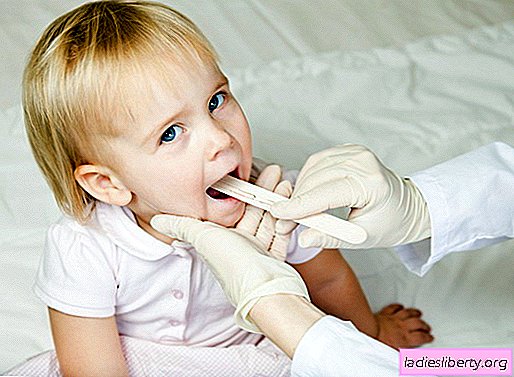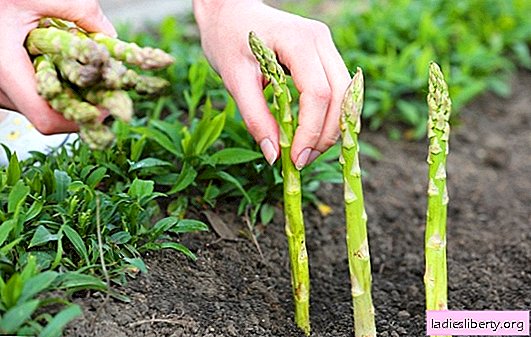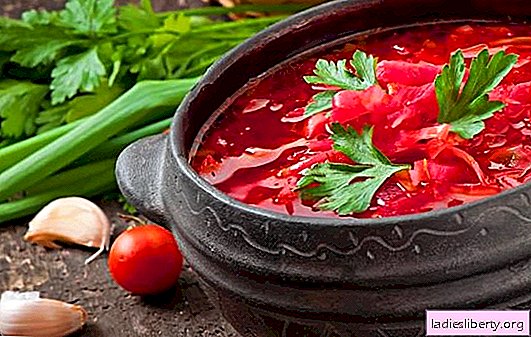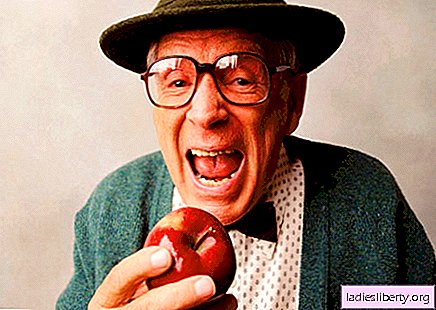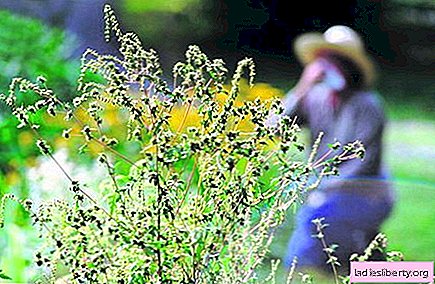
Constant sneezing and runny nose will be a thing of the past if researchers successfully develop a new vaccine for hay fever.
Researchers from Imperial College London and King's College London, believe they have developed a new approach that will lead to the creation of a more effective and cheaper vaccine for hay fever.
Hay fever is primarily treated with medications such as antihistamines or steroids. In very severe cases, pills or pollen injections under the skin are prescribed. Doses are gradually increased over three years to increase pollen resistance. However, such treatment is expensive.
A team of researchers is testing a shallow injection into a layer of skin saturated with white blood cells that are part of the immune system. The essence of the new approach is that you need a very tiny amount of pollen - the dose is 2,000 times less than the currently used one - as well as fewer injections.
“This is a completely different path,” said Dr. Stephen Till. “Injections are very, very superficial.”
The results of the first trials in 30 patients suggest that the allergic reaction to grass pollen was reduced thanks to the vaccine.
Scientists are now starting clinical trials in 90 patients to see if the vaccine can reduce other symptoms, such as sneezing.
Dr. Till said: “If this approach is effective, it will define a new scientific and clinical principle that can be applied to other allergic diseases, such as asthma and food allergies.”
It is also planned to develop a vaccine against allergies to tree pollen.

